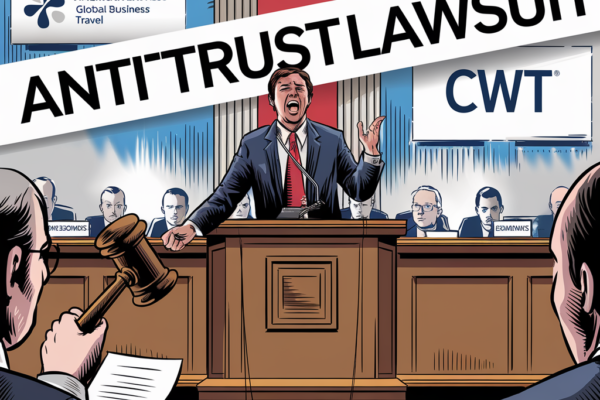- Corporate Governance Scrutiny: Pfizer’s legal threats against former executives Ian Read and Frank D’Amelio for collaborating with activist investor Starboard Value have raised concerns about corporate governance and executive accountability.
- Aggressive Stance: Governance experts criticize Pfizer’s actions as “extremely inappropriate, blatantly unethical, and a serious violation of fiduciary duties,” highlighting the intense scrutiny executives face.
- Complex Governance History: Pfizer has undergone several executive transitions and implemented cost-reduction strategies, but its stagnant stock performance and high leverage ratio following mergers and acquisitions have raised questions about strategic challenges.
- Industry Parallels: Similar governance issues have plagued other pharmaceutical companies like Valeant Pharmaceuticals, Johnson & Johnson, and AbbVie, emphasizing the importance of robust governance structures in the industry.
- Reputational Risks: Pfizer’s legal threats may damage its reputation, affecting executive morale, shareholder confidence, and future decision-making, potentially leading to a more cautious approach to collaboration with external stakeholders.
- Rising Executive Accountability: Across various industries, companies are increasingly holding executives accountable for strategic missteps and financial mismanagement, reflecting a trend of heightened scrutiny on executive actions.
- Investor Reactions: Pfizer’s stock dipped overnight following the news, and investors and analysts have reacted cautiously, highlighting the potential impact on stakeholder trust and confidence.
- Ethical Leadership Imperative: This situation underscores the evolving standards of accountability and the need for transparent, ethical leadership in the pharmaceutical industry to navigate challenges related to cost structures, mergers, and strategic initiatives.
- Stakeholder Engagement: Stakeholders and investors should engage with the topic of corporate governance and executive accountability to foster open dialogue and promote ethical practices, ultimately contributing to a more transparent and accountable business environment.
- Future Outlook: As the pharmaceutical industry continues to evolve, companies must prioritize robust governance structures and ethical decision-making processes to maintain stakeholder trust, drive sustainable growth, and navigate the complex dynamics of mergers and acquisitions.
Pfizer’s Legal Threats: A Governance Crisis Unfolds





